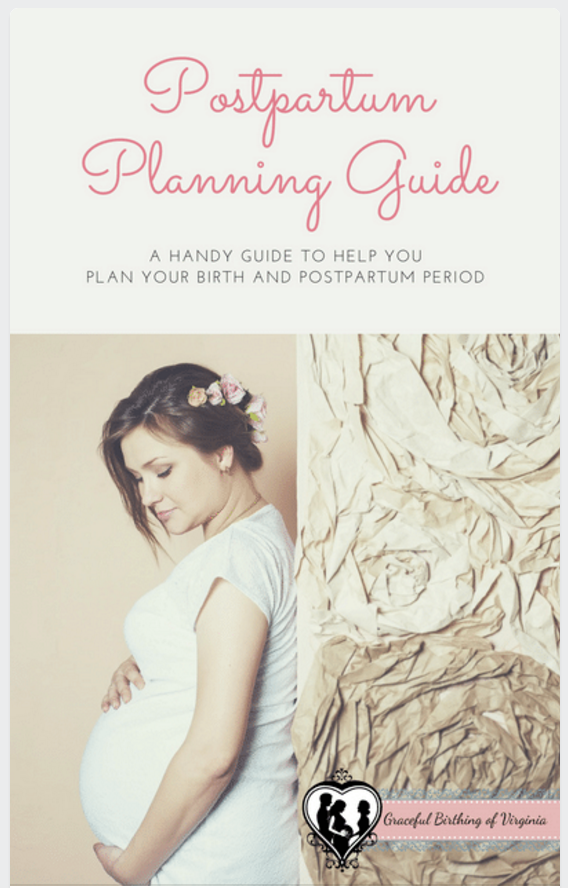So you’re home now with your newborn and the hospital staff is no longer available for your questions — but your baby isn’t sleeping as well as you expected, or, maybe, your baby is sleeping way longer than you thought he would. Is this normal, should we be concerned, is there something we should work on changing, or should we just let things ride?
Let’s start off by saying that every newborn is different and their sleep habits, feeding patterns, calorie needs, and medical status differs from every other baby. Therefore their situation as well as the family circumstances are going to vastly differ from the next family so the setting is going to be unique for each family.
The average newborn is going to require at least 16-18 hours of sleep per day with 8-9 of those being nighttime hours of sleep. As your baby ages from 4-12 months of age, his sleep needs will be approximately 12-16 hours per day with 9-10 hours of night sleep. From age 1-2 years look for your baby to decrease his sleep needs to 11-14 hours of sleep, while 11 of those hours will be during the overnight hours.
Of course if baby is not fitting the above pattern perfectly, keep in mind that this would be what would be expected of the average infant — but you as your baby’s primary care provider know your baby best and can adjust the circumstances to best meet your baby’s changing needs. If you feel your baby is not sleeping an adequate amount of time, or maybe you’re wondering if your baby is sleeping too much, I recommend discussing your concerns with your doctor, midwife, pediatrician, lactation consultant, or a trusted friend. Perhaps your baby may need more frequent feedings and that may explain their frequent awake periods. Maybe, your baby’s feeding cues (hands at mouth, rooting, frequent lip/mouth sounds, adjusting/opening mouth to initiate contact with you, squirming arms/legs) are not yet familiar to you and your baby’s feedings needs to be adjusted. Perhaps the location where your baby sleeps needs to be changed; some babies sleep more deeply when close to mom, a noisy environment can prohibit deep sleeping for some infants. Adjusting the temperature in the room can positively effect your baby’s sleep patterns, removing TV/internet devices can contribute to increased sleeping, or perhaps you may want to consider a less cluttered crib/bassinet. There are so many variable to consider when trying to decide what could be contributing to poor sleep behavior.
Finally, I would like to address a no-brainer. When baby sleeps well moms sleep well. And when moms sleep well, moms are functioning at an optimal level and are less depressed, troubled, and anxious and, obviously, feel better about their parenting abilities. So it behooves us to look into improving our baby’s sleep cycles so that the whole family is experiencing a more satisfying season of infancy/parenting.
If your baby is experiencing sleep patterns that are of concern to you consider contacting a sleep consultant to see how they can help improve the situation.





